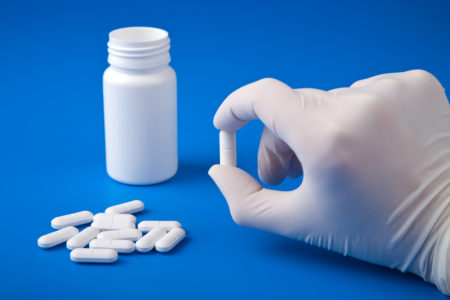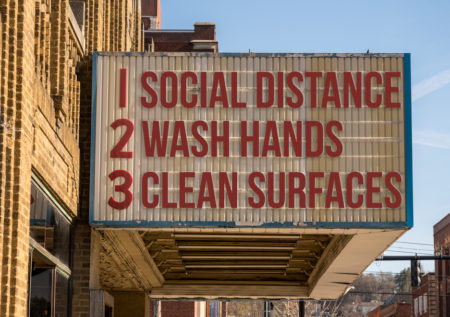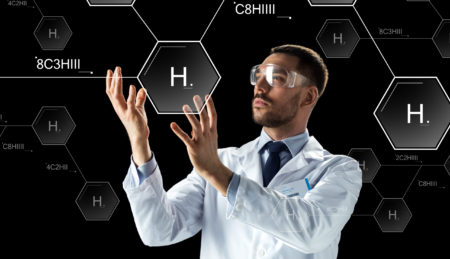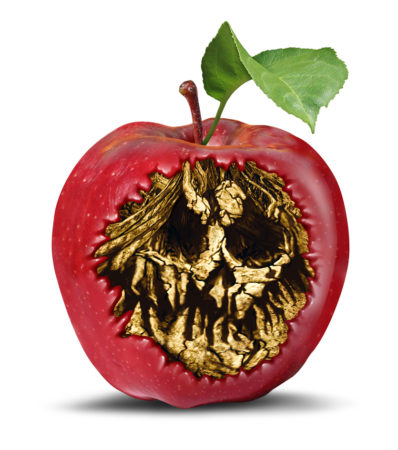Hydroxychloroquine offers new hope as a possible treatment for COVID-19. Last Thursday President Donald Trump announced it was showing promise as a treatment for COVID-19 (Coronavirus). Malaria patients used Hydroxychloroquine for malaria as far back as 1944.
Background Hopes for Drug Therapies: Coronavirus and COVID-19

Only a Doctor a Doctor Should Prescribe Your Drugs.
The Coronavirus COVID-19 has almost shut down the American economy as families comply with “shelter-in-place” orders. In addition, Americans have given up restaurants, church services, bars, sports, and public life.
Here is a quick update on today’s Coronaviruscases in the United States.
- We now have over 50,000 people afflicted in the US, with over 600 people dead.
- Globally, there are over 409,000 that have tested positive and over 18,000 who have died.
You can check our previous blog to view how quickly this has increased. The president declared war on this “invisible enemy” on March 22, 2019.
However, we just might have an impressive weapon against the disease. To clarify, FLASS in Orlando is now bringing you the background and information about this relatively obscure drug that might help us defeat this “invisible enemy.”
Welcome News and High Hopes with Hydroxychloroquine Weapon
As you might already know, Hydroxychloroquine is a common drug. It was used to fight malaria as far back as 1944. Additionally, it was used to treat a type of liver infection and several other ailments.
Excitement has grown about the use of the drug to fight COVID-19. Why? Because research studies show chloroquine is effective in preventing and treating the virus that causes the severe acute respiratory syndrome. SARS is in the same coronavirus family as COVID-19.”
Dr. Len Horovitz is a pulmonologist and internist at Lenox Hill Hospital in New York City. He told ABC News, “There is evidence that chloroquine is effective when they looked at SARS in vitro with primate cells.” And he added, “The theory of the experiment with primate cells was that chloroquine could be used for preventing viral infection or as a treatment for viral infection after it had occurred.”
WHO Gets Onboard With Testing Hydroxychloroquine

These are the Known Weapons Against Coronavirus. And These are the ones Scientists are Recommending Around the World.
The World Health Organization announced Wednesday that it is launching clinical trials to test four drugs as potential COVID-19 therapies. Chloroquine is one of these drugs.
Scientists are testing Hydroxychloroquine as well as other potential cures. Another drug that shows promise is the antiviral drug, Remdesir. This drug combines two HIV drugs, “lopinavir and ritonavir, plus interferon beta.” So, you see, hydroxychloroquine is not the only pharmacological news right now. We are sure research scientists are working on several more possible drug therapies to defeat the invisible enemy.
Hydroxychloroquine Human Drug Trials
Now we know that all the above-mentioned drugs have demonstrated an ability to fight COVID-19. However, the testing has been meager. We need large drug studies to prove that they are really effective for our current needs.
“These drugs have shown the potential to be effective against COVID-19, either in animal studies or in studies done in laboratories. Ten countries have already indicated they will take part in the coming trials. The countries include Argentina, Bahrain, Canada, France, Iran, Norway, South Africa, Spain, Switzerland, and Thailand.”
How Does Hydrodoxychloroquine Work?
Clearly, people are curious. Therefore, let’s try to examine a little science to understand how hydroxyl chloroquine interacts with a virus.
1. First, when a person becomes infected with either SARS or COVID-19, we can look at what happens under a microscope. Using its spikes, the now-familiar coronavirus cell bumps against a human cell. It has imprinted on our brains with its spherical shape and multiple sharp spikes.)
2. Those spikes are made of protein, and they bind insidiously with the unsuspecting special receptors on the outside of human cells. During the SARS outbreak, scientists discovered Chloroquine drug worked against the SARS virus by interfering with those special receptors.
3. This means the virus cannot bind to cells. And now, Health experts and medical researchers optimistically believe that chloroquine can do the same against COVID-19. The virus seems to have keys to the locks on the human cells. Therefore, it can invade and kill them. Simply stated, the drug seems to disrupt the lock-and-key relationship.
Treatment and Prevention Possibilities of Hydroxychloroquine
Now researchers plan to test chloroquine in health care workers. If it works, they hope it will prevent health care professionals from contracting COVID-19.
Furthermore, we recently learned that researchers in France have combined antibiotics with antimalarial medications.
They added two and two and got four! Thus they created a double-edged sword to fight the coronavirus. Hail to the French Researchers!
We hope the French researchers’ work will not only be a treatment for those who already have the virus. Additionally, could also spark an immunity reaction prior to the catching virus. Therefore, we recently realized that the most promising treatment combines therapies. Doctors have used a simple drug, the antibiotic azithromycin, in association with the antimalarial hydroxychloroquine, to treat COVID-19.
You might know azithromycin as a “Z-pack.” It is often a successful treatment for curing influenza. The French researchers have published their research in the International Journal of Antimicrobial Agents.
They stated, “A treatment with the hydroxychloroquine combination (200 mg x 3 per day for 10 days) + Azithromycin (500 mg on the 1st day then 250 mg per day for 5 more days), as part of the precautions for use of this association (including an electrocardiogram on D0 and D2).”
Closing Thoughts on Hydroxychloroquine

Medical Science is now Tracing the Effectiveness of Hydrodoxychloroquine.
We know the hydroxychloroquine story is not finished. The promising results come from a very “limited study with a small number of patients. But they are promising. It is especially promising when combined with earlier reports from patients in China with the same treatment options. Researchers are testing a number of potential treatments, globally, including a range of drugs used previously in the efforts to combat Ebola, SARS, HIV and other global outbreaks.”
And now you know why we at FLASS are feeling optimistic. As the president said, these developments might or might not work. More research is needed. Would you take an experimental drug if you thought it might save your life? That is exactly the question you or your loved one might have to answer if you contract COVID-19.
And Now, An Important Florida Lung, Asthma and Sleep Specialists Special Alert: Warning!
Do not self-medicate with this drug. It has a very special dosage. Moreover, it has a name that is similar to other chemical substances. Sadly, an Arizona man has died due to mistaking the drug for a substance used in keeping his Koi fish healthy. He and his wife both ingested Hydroxychloroquine Phospate because they did not feel well. She lived through the experience, but her husband did not. Ironically, neither one of them actually had COVID-19.
Because of this recent incident, we join many physicians who are highly alarmed over the tendency for people to self-medicate. Please do not experiment with your precious lives. FLASS is here for you. And our telemedicine feature, accessible online, right from this website, could assist you from the comfort of your home.
Words of Warning: Do not Self-Medicate

Snow White and the Poison Apple
Flass warns you that some drugs can be poison and the wrong dosage could be fatal. So, trust your doctor’s judgment.
In the Story Book World, Snow White Unknowingly Bit Into a Poison Apple and Fell Into a Deep Sleep. Later, she is awakened by the kiss of a handsome prince.
In the real world, your handsome prince may not show up on time…And you may not wake-up at all.
Dr. Daniel Brooks, medical director of Banner Poison and Drug Information Center, said in a statement: “Given the uncertainty around COVID-19, we understand that people are trying to find new ways to prevent or treat this virus, but self-medicating is not the way to do so.
And he added, “The last thing that we want right now is to inundate our emergency departments with patients who believe they found a vague and risky solution that could potentially jeopardize their health.”
Provided Hydroxychloroquine works, doctors will add these drugs to their prescribed protocols for specific therapies. Meanwhile, our best recourses are hand-washing and social-distancing. These methods are in the common person’s everyday arsenal to help kill this “invisible enemy.”
Even if it does not prove to work as well as we hoped, you now have a better understanding of hydroxychloroquine. We highly anticipate “V” Day. That will be “VV” Day, for victory over virus day!

